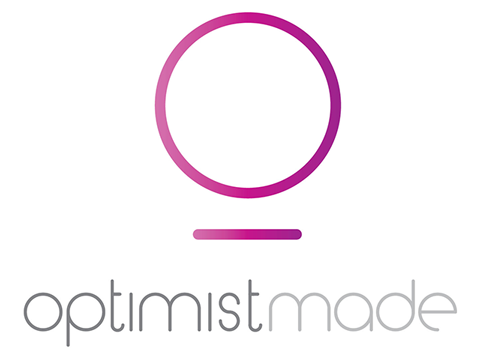MAGGIE O'MEARA
If you are up to date on the latest health and wellness trends, then you have probably heard of “activated charcoal”. It’s a tasteless, black powder being considered a ‘super-food’ for its claims of detoxifying abilities. This dark substance has made its way around the world and into the food industry with trendy black-colored ice cream cones, smoothie bowls, lattes, and even water. It’s also been seen in beauty products, such as charcoal-infused toothpaste, face masks, shampoos, and deodorant. Activated charcoal is turning anything and everything into the color black, but does it really give the health benefits that it claims?

Activated charcoal is not what is found in charcoal bricks. It actually comes from coconut shells, wood, olive pits, bone char, and sawdust that’s been exposed to very high temperatures. This ‘activation’ process strips the charcoal and makes it very bindable. So when digested, activated charcoal binds to substances in the gastrointestinal tract and decreases the body’s absorption of these substances. Authorities have approved activated charcoal for emergency treatments of overdoses or poisonings.

Activated charcoal is also nothing new to ancient Chinese medicine. It’s been used as an anti-poison remedy for centuries. Today, it claims to be a powerful treatment for an ever-growing list of conditions. But lets see what the research says:
Overdoses and Poisoning
Activated charcoal should only be used with a professional. There are specific dosages, timing, and medication interactions that a physician should supervise. This treatment is not effective for ingesting strong acids, petroleum products, iron, boric acid, lithium, or alcohol overdoses.
Kidney Function
Some studies1 have suggested that activated charcoal supplementation does improve kidney function. However, more research is needed and the National Kidney Foundation does not support the evidence.
Teeth Whitening
The American Dental Association concludes that there is not enough data to support the safety and efficacy of charcoal-based toothpaste.2 So no need to pay extra for some black-colored toothpaste.
Reducing Gas
Activated charcoal has been claimed to be a “must-have” for supplementation before and after meals. However, there are mixed results from studies on activated charcoal reducing gas and stomach bloating.3 Overall, there is insufficient evidence to support this claim but there is a possibility it could work for you.
Skincare
Researchers have reported that activated charcoal may help draw dirt, chemicals, dust, toxins, and bacteria to the surface of the skin.4 This makes it easier to remove! Try looking for cleansers or face masks with activated charcoal.
Outside of a hospital setting, activated charcoal is fine in smaller amounts. So go ahead and eat the that trendy, black-colored ice cream cone. However, it is important to know that activated charcoal’s binding effect does not only remove toxins, but it can also make you excrete vitamins and minerals that you need! Overall, it is possible that activated charcoal can be helpful for you, but don’t believe all the claims.

References
- Ali BH, Alza’Abi M, Ramkumar A, et al. The effect of activated charcoal on adenine-induced chronic renal failure in rats. Food and Chemical Toxicology. 2014;65:321-328. doi:10.1016/j.fct.2013.12.038.
- Charcoal-based dentifrices. Dental Abstracts. 2018;63(3):185-186. doi:10.1016/j.denabs.2018.02.017.
- Hasler WL. Approach to the Patient with Gas and Bloating. Principles of Clinical Gastroenterology.:255-270. doi:10.1002/9781444300758.ch15.
- Mendhekar SY, Thorat PB, Bodke NN, L JS, D GD. Formulation and Evaluation of Gel Containing Neem, Turmeric, Aloe Vera, Green Tea and Lemon Extract with Activated Charcoal And Honey. European Jounral of Pharmaceutical and Medical Research. 2017;4(12):439-443.

